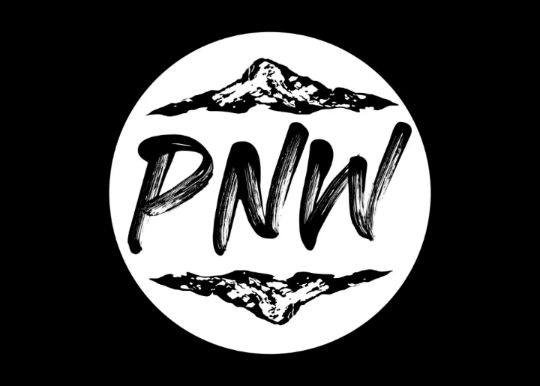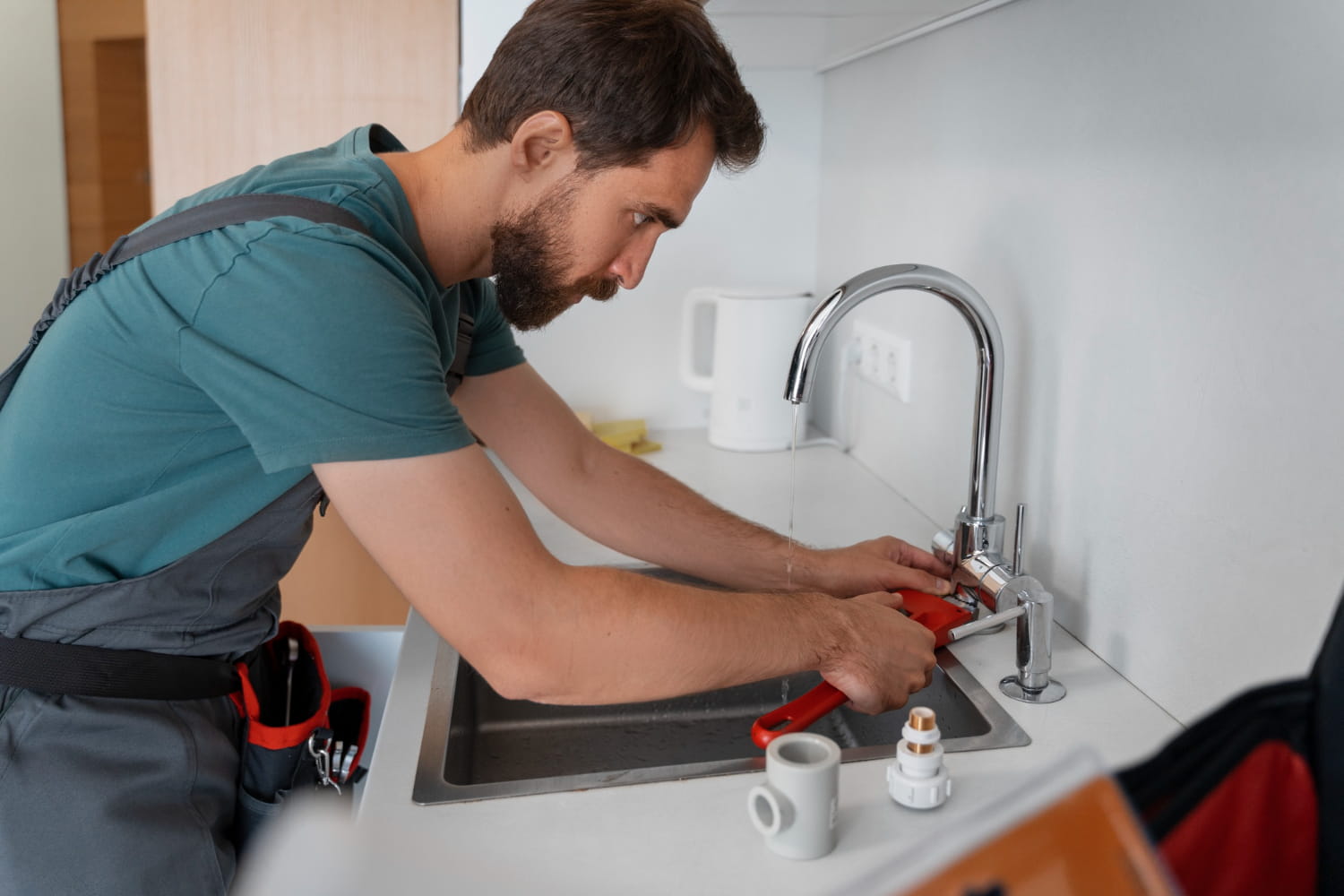The last step before you get your keys should never be a guess. Water lines must be safe, clean, and strong. This is why contractors run careful tests before final handover. It protects your family and your home.
1. Pressure and Leak Checks
Contractors apply pressure to the plumbing and monitor a gauge. If the pressure decreases, there is likely a leak somewhere, possibly a tiny pinhole hidden within a wall. Finding it now is far cheaper than fixing soaked drywall later.
2. Flow at Every Fixture
It’s not enough that pipes hold pressure. Showers, sinks, and outdoor spigots must deliver a steady flow. Pros run several fixtures at once to make sure hot and cold keep up and the dishwasher doesn’t starve the shower.
3. Quality and Safety
In some areas, water can carry lead, copper, or bacteria from old parts or new lines. Contractors flush the system and, if needed, take samples for lab checks. They may suggest filters or a simple flush plan to clear debris from new pipes.
4. Backflow Protection
Water should only move one way, into your home. A backflow preventer stops dirty water from being pulled back into clean lines. Contractors test these one‑way valves so garden hoses, boilers, or sprinkler lines cannot contaminate your drinking water.
5. Water Heater and Temperature
Pros confirm your heater is venting well and set near 120°F to avoid scalds and save energy. They test the safety valve, check expansion tanks, and make sure drains and pans are in place to avoid leaks.
6. Shut‑Offs and Labels
In an emergency, you need fast control. Contractors label main and fixture shut‑offs, check that valves turn smoothly, and show you how to use them.
7. Code, Warranty and Peace of Mind
Testing proves the job meets local code and supports product warranties. You also get a clear record that the system worked right on day one.
Water troubles can ruin a great project. Proper testing catches issues before they become bills and stress. We do these checks as standard, so you move in with confidence.

